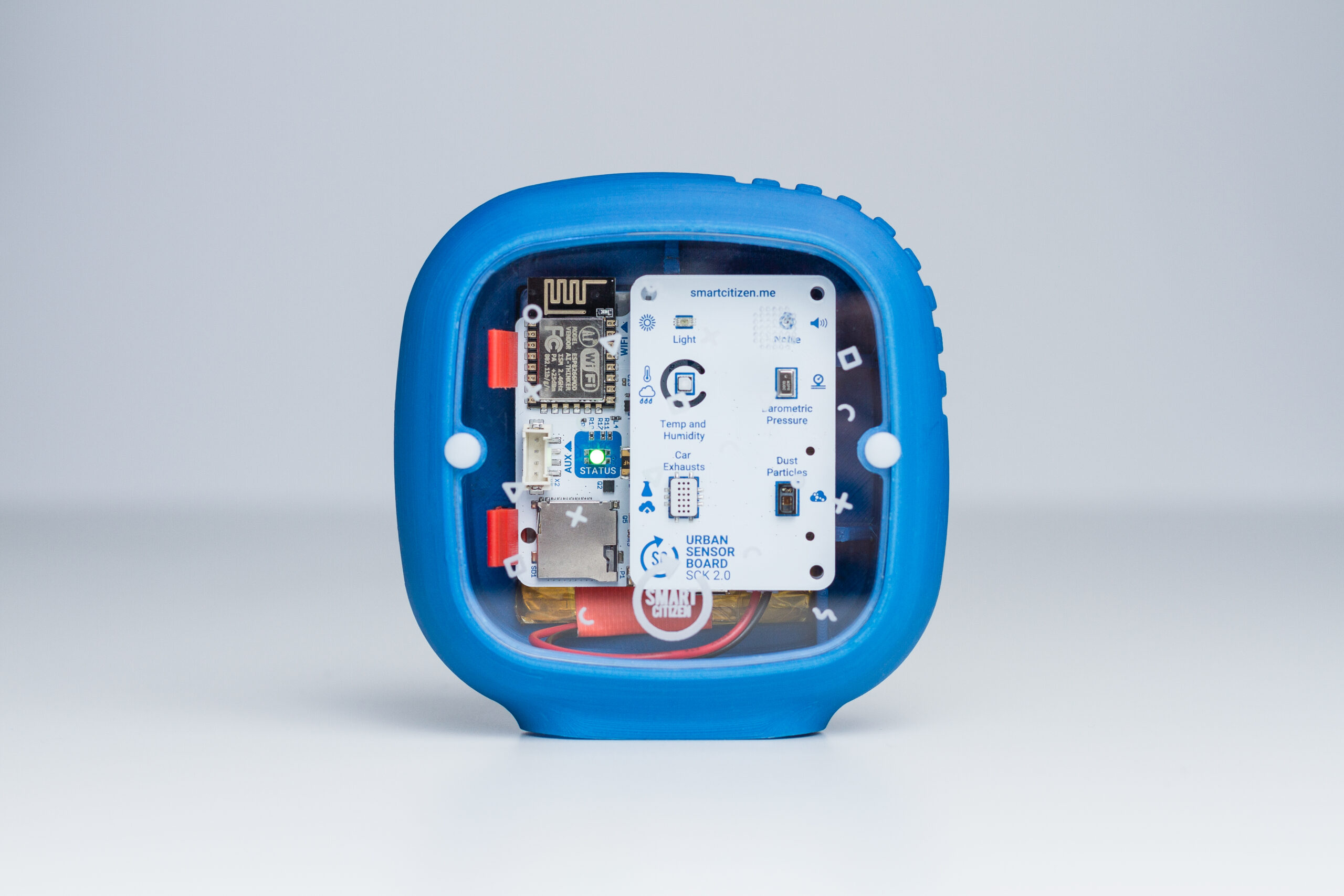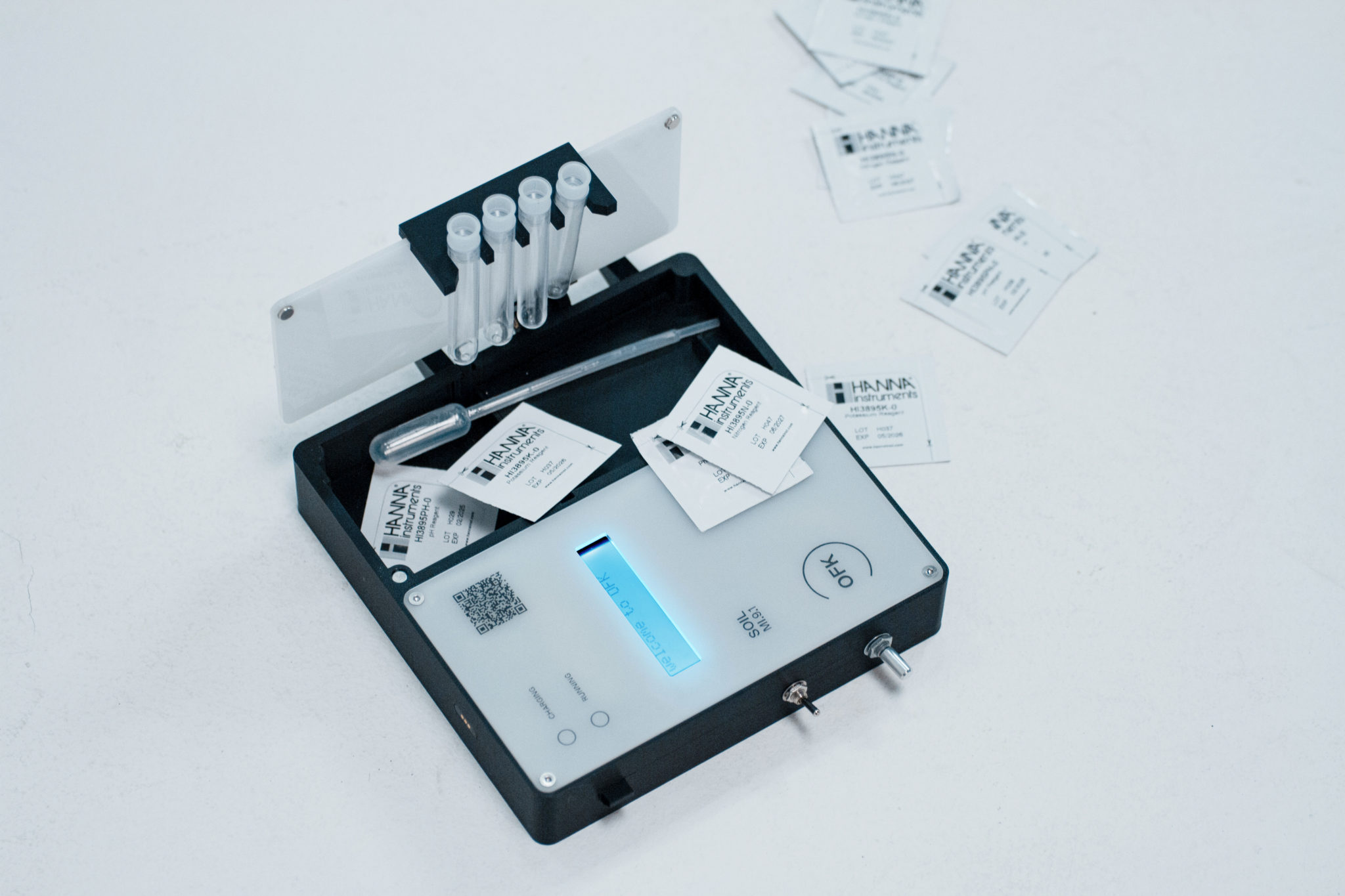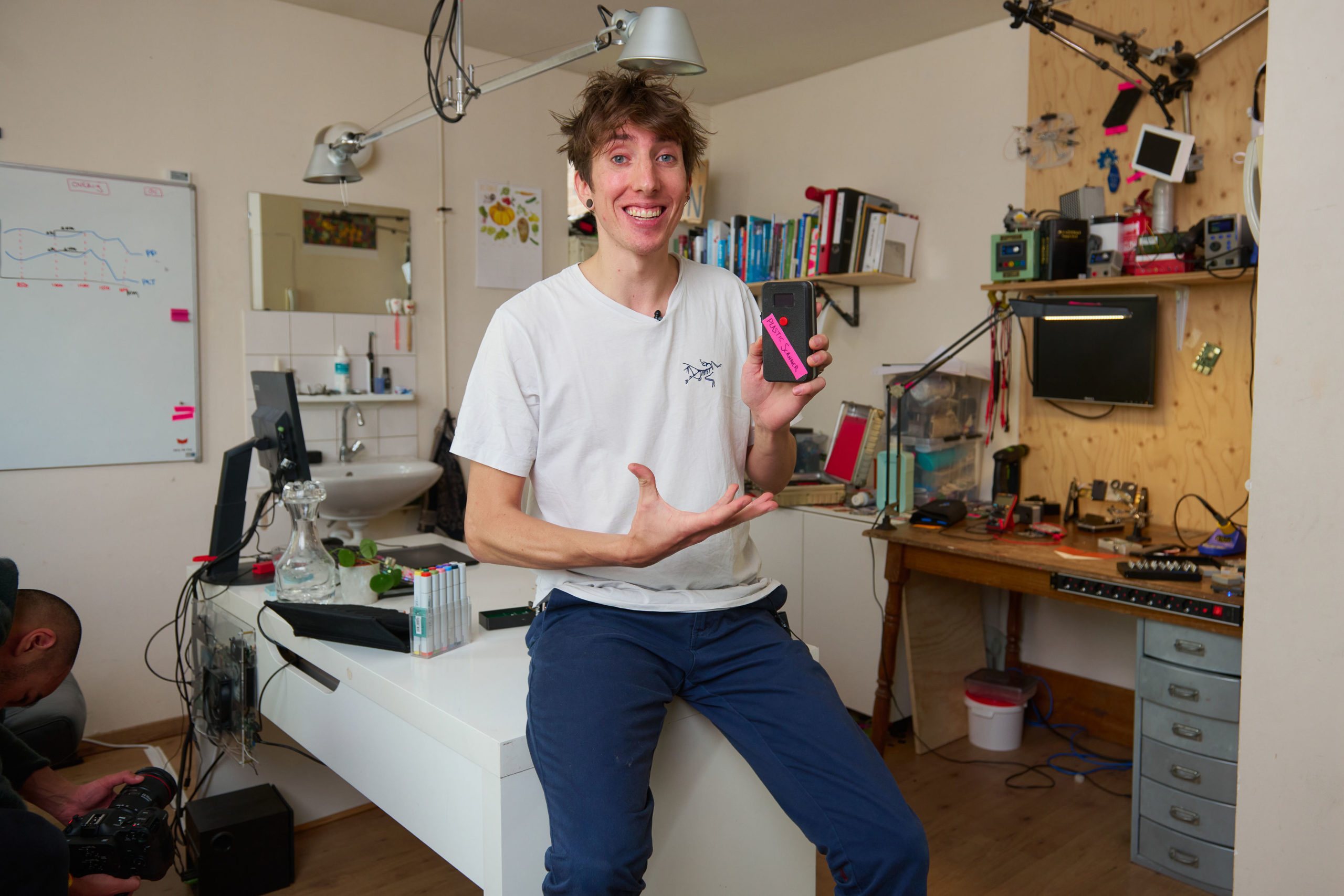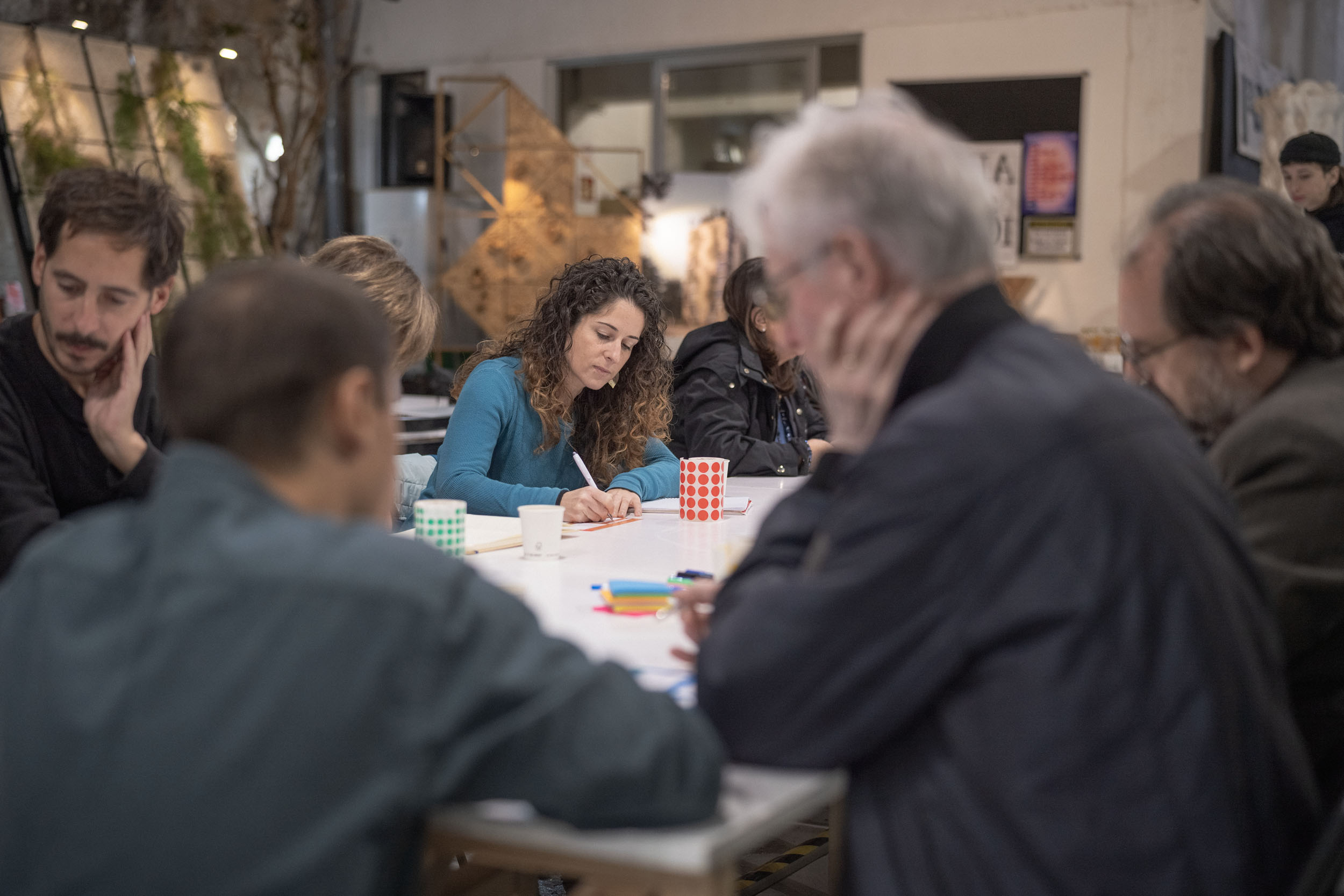Introducing CitiObs, a EU-funded project, where citizen observatories intersect with creative collectives. CitiObs’s mission is to enhance citizen observatories (COs) and foster healthy, sustainable, resilient, and more inclusive cities. Through opportunities for participation, deliberation, capacity building and influence on public policy, as well as building open technological infrastructure, CitiObs aims to empower citizens to actively engage in shaping their urban environments.
One of the key focal points of CitiObs is the development of a socio-technical approach to address the challenges that limit the utilization of COs observations in multi-level governance. Through a variety of toolkits, methods, and tools, CitiObs seeks to promote participation dynamics, inclusive approaches, and citizen-led actions, all within the framework of the New European Bauhaus.
Drawing inspiration from renowned projects like Smart Citizen, Making Sense, Distributed Design, and the WeObserve project, CitiObs aims to harness the power of participatory processes, technological resources for environmental monitoring, and action co-creation practices with creative collectives.
CitiObs is developing and giving access to multiple toolkits, one of which is the “Citizen-led Action Toolkit”, designed to empower citizen communities to take meaningful action in environmental protection. This toolkit, developed by Fab Lab Barcelona | IAAC in collaboration with CitiObs consortium and with insights from the Distributed Design Platform, offers a selection of co-creation tools aimed at organizing and delivering impactful citizen-led actions aligned with the principles of the New European Bauhaus. The toolkit follows a value-driven approach, which is close to the Distributed Design ways of working (More about that in the CitiObs blog post).

The Distributed Design Platform showcases various examples of how design intersects with citizen science. One notable project is the collaboration between Polifactory at Polimi and the Distributed Food Factory. Over several months, Polimi students engaged in the development of the Open Farmer Kit, a modular open-source station designed to monitor environmental parameters and biodiversity in small-scale urban farming spaces. Led by Valentino Stella and developed in collaboration with Lorenzo Silvestri, Matteo Mojoli, and Davide Formenti, the Open Farmer Kit aims to bring the benefits of precision agriculture to social forms of urban farming.

Similarly, the winner of the Distributed Design Platform Awards 2023, Jerry de Vos, has developed a plastic scanner, an open-source hardware project designed to simplify and democratize plastic identification. With plastic pollution being a globally recognized issue that continues to escalate, one of the primary challenges lies in the identification and sorting of plastics. Leveraging discrete near-infrared spectroscopy technology, the plastic scanner can identify over 75% of plastics commonly used in everyday life.

CitiObs’s timeline spans from January 2023 to late 2026. During this period, CitiObs is offering an exciting opportunity to converge citizen science, the maker movement approach, and creative communities such as from the Distributed Design Platform. Stay tuned as we roll out exciting activities throughout the project.
For more information, visit the CitiObs website and subscribe to our socials.
